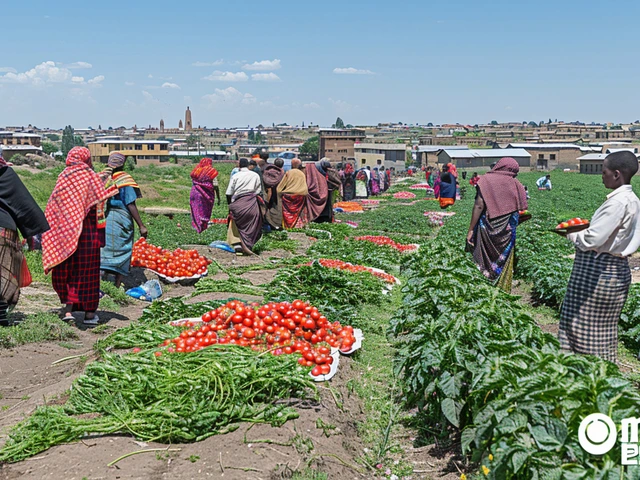Investment in Ethiopia: What Works and What Really Pays Off
Thinking about putting your money into Ethiopia? It’s one of Africa’s fastest-growing economies, but knowing what actually works—and what to avoid—will save you trouble and boost your chances of making a good profit. Investors here don’t just guess. They check the data, talk to people on the ground, and look for sectors with the most promise.
Agriculture tops the investment list for a reason. Ethiopia is packed with arable land, and agriculture powers much of the economy. If you’re into commercial farming, livestock, or agribusiness, this market always needs more hands, tech, and capital. Modern techniques and value-added processing have helped local ventures turn a steady profit, and the demand for food exports keeps rising. The government often offers incentives for agricultural investment, like tax breaks and cheap land leases.
Manufacturing is on the rise. From textiles and leather to food processing, many investors are tapping into Ethiopia’s low labor costs and growing infrastructure. Parks and zones developed for industry often get priority services and simplified paperwork. Still, it’s wise to check recent policies—business rules can change, and local partnerships are key. Don’t expect overnight results, but the potential payoff is there if you can stick it out.
Tech and digital services are slowly emerging as new investment frontiers. Mobile banking, e-commerce, and online education tools are taking off as more Ethiopians go online. While the digital market is not as mature as in some countries, it’s less crowded, so smart ideas get noticed. Speed bumps include tricky regulations and patchy internet, but people who solve these problems often come out ahead.
Real estate and housing demand are growing fast, especially in big cities like Addis Ababa. Expats, local professionals, and returnees all want affordable, quality apartments. High-end construction works, but there’s even more demand for mid-range and budget options. Pay attention to rules about foreign land ownership and taxes, though—these are dealmakers or breakers.
If you’re worried about the red tape, you’re not alone. Ethiopia’s business environment can be tough on newcomers. Permits, licensing, and access to foreign currency sometimes slow things down. Getting advice from locals and experienced investors saves headaches. Lots of people who succeed here started with a trusted local partner or consultant.
Profitable sectors in Ethiopia aren’t just a buzzword. People have made fortunes in commercial farming, coffee exports, and factories, plus logistics, tourism, and renewable energy. If you’re after solid, long-term gains, focus on businesses that serve Ethiopia’s booming young population or tap into export markets.
Start small, get reliable information, and always double-check what you hear. Big promises are common, but the investors who succeed pay close attention to numbers, not just hype. Whether you follow agriculture, manufacturing, tech, or housing, the smartest moves always come from getting the right facts and seizing the openings others miss.





